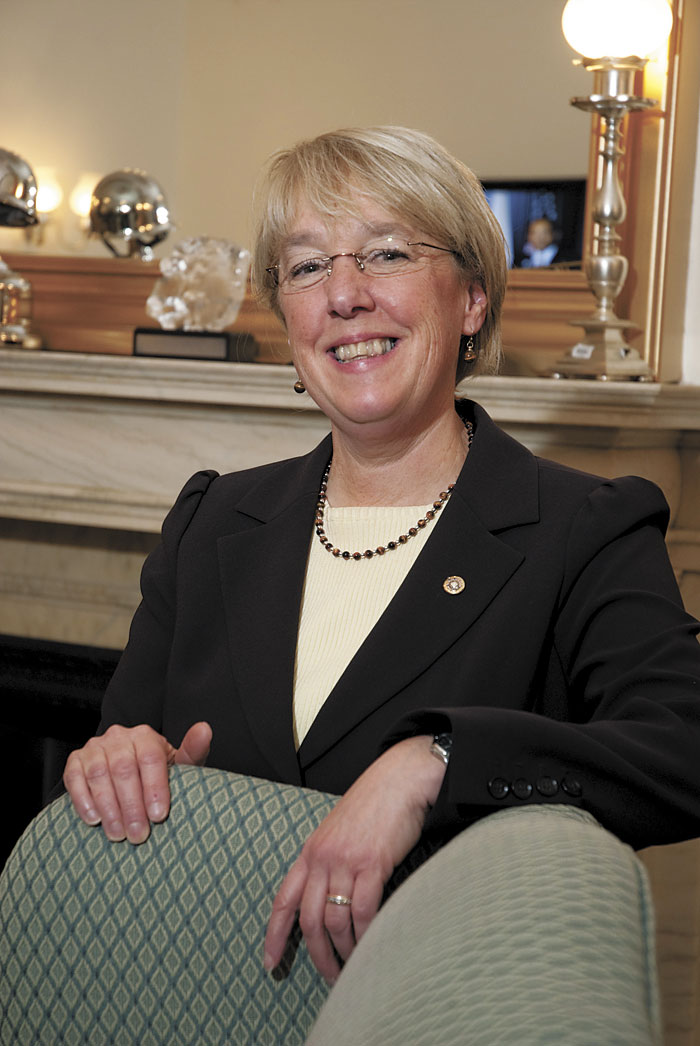The sales tax credit necessary for Seattle to snap up White Center and the rest of the North Highline unincorporated area was shelved again last week, when the legislative session adjourned in Olympia. It’s the second time the proposal has died in as many years, making winners out of an unlikely pair: The city of Burien and White Center card room owners.
Seattle doesn’t allow card rooms, but King County does. Doug Harrell, who owns a pair of White Center bowling alley/card room hybrids, Magic Lanes and Roxbury Lanes, testified against the legislation.
“If we were annexed [by Seattle today], my two places would shut down. That’s 250 good jobs,” Harrell says. “Having the traffic to survive on bowling alone is getting tougher and tougher. My centers wouldn’t survive without their card rooms. Right or wrong, that’s the fact.”
The state offers cities a larger slice of sales tax revenues as a way to help pay for annexing unincorporated areas—but there’s a population cap on the deal that disqualifies Seattle. Mayor Greg Nickels and the city’s lobbyists have been working feverishly to change this so the city can expand its boundaries, one of the signature efforts of the mayor’s administration.
Burien, which also allows card rooms, wants to annex the area as well. For one, it would double the city’s population. But the city also has a more subtle motive: It doesn’t want to lose the sweet deal it currently has going with the King County Sheriff’s Office, whose deputies cross into Burien from unincorporated Highline free of charge to answer emergency calls. With this in mind, Burien Mayor Joan McGilton made a personal appearance in Olympia to testify against the proposed tax credit.
Last year, the proposal to extend the credit to Seattle passed the House, but died in the Senate when Sen. Margarita Prentice, D-Renton, wouldn’t hear it in her Ways and Means Committee. The House approved the bill again this year, and Prentice made good on her promise to Nickels to hold a hearing—but declined to schedule a subsequent vote on the measure, which assured its death.
Nickels’ office vows to continue the fight. “It’s not over,” says Kenny Pittman, a senior policy analyst who’s been coordinating the effort. But it’s not going to be easy. The Seattle City Council, which is lukewarm on the idea anyway, said last year that this was the mayor’s last chance to find the cash.
Council President Richard Conlin, however, disputes this notion. “I don’t think it’s a last-chance kind of thing,” he says. “We always knew that this year was going to be a challenge with the short session. My feeling is that we’ll come back next year.”






